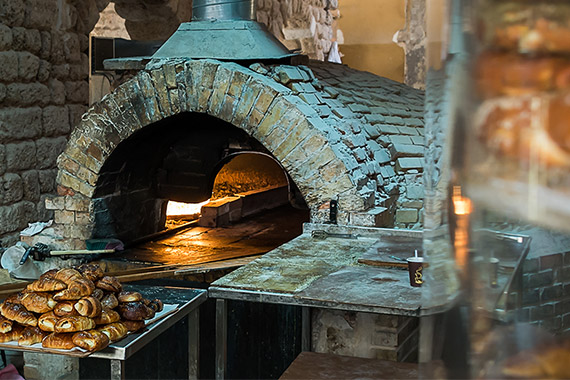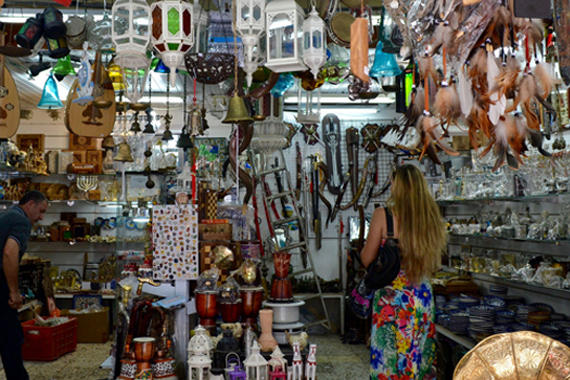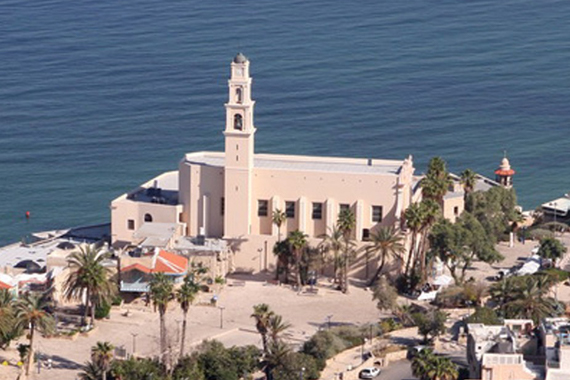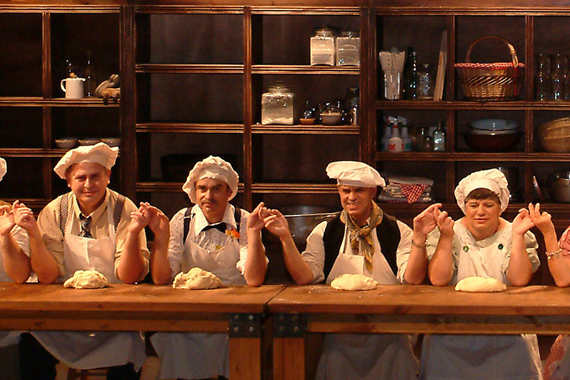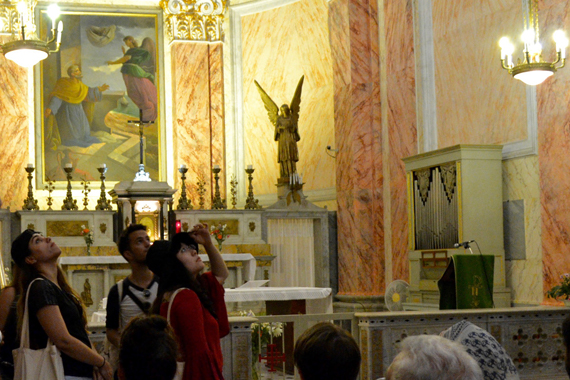The Old City of Jaffa
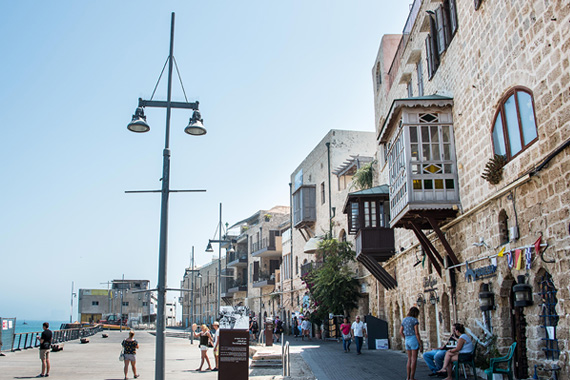
For a break from the reveling that is Tel Aviv, Jaffa, an integral part of the Municipality of Tel Aviv-Jaffa, is a study in contrast and fascination - a magical ancient city where you can spend hours exploring the markets and galleries and wandering through the old, narrow alleys, A vibrant blend of religions and cultural beliefs, it also is one of the trendiest spots in Tel Aviv for shopping and eating out.
According to Christian legend, Jaffa was named after Noah’s son Japheth, who built it after the Flood. Others believe that the name derives from the Hebrew word “Yofi” - beauty. From archeological discoveries and ancient documents, we learn that Jaffa existed as a port city some 4000 years ago, serving Egyptian and Phoenician sailors in their sea voyages. Relics found in the vicinity predate this period by a further 16,000 years, and historians believe that Jaffa is the only port in the world that can boast uninterrupted inhabitation throughout its entire existence.
As a city abounding in history, Jaffa has commemorated two major events in recent memory. In 1099, more than 900 years ago, the Crusaders landed there on their way to capturing the Holy Land, while 700 years later, in 1799, the city was taken by Napoleon Bonaparte. To mark this latter occasion, a sign-posted walking itinerary of Jaffa and vicinity in the footsteps of Napoleon’s campaign has been mapped out, from the hill where the French commander stood as he looked down over the city, to his command headquarters at a site that nowadays serves as a professional soccer field.
The main entrance to today’s Jaffa is marked by the clock tower from 1902, one of four constructed by the Turks in Ottoman Palestine to celebrate the 30th anniversary of the ascension to the Turkish throne, of Sultan Abed El-Hamid II. Four separate clocks grace the top of the tower, and the history of Jaffa has been recorded on the tower's metal-barred windows and openings. Ships carrying cedars from Lebanon are depicted, and camels laden with precious goods as they enter and exit Jaffa Port, Jewish ships that were sunk during the rebellion against the ancient Roman empire are also depicted, as is Shimon Maccabi, the Hashmonean-era Jewish leader, who conquered Jaffa more than 2000 years ago.
With the improvements to the clock tower and the world-famous Jaffa Flea Market adjacent to it, the Jaffa that tourists encounter looks nothing like it did a decade ago. In the past, the only two distinctive choices for casual food in the clock tower/fleas market area aside from hummus, falafel and grilled meats options, were Aboulafia, an Arab-style family bakery with a tradition going back centuries, a must for Israelis and in-the-know tourists wandering about Jaffa, day or night, and Dr. Shakshouka, a veteran Tripolitan restaurant, though with much less seniority. Now, new and interesting dining options have sprouted up in the Jaffa Flea Market in particular, complementing a growing number of commercial enterprises chains. Some of the market's side streets have been closed to vehicular traffic and serve as new venues for pubs, restaurants and cafés.
Jaffa – alive day and night for your pleasure and fascination.
Jaffa Hotels
Since for centuries, Jaffa served as a waystation for Jewish pilgrims landing in Jaffa Port on their way to Jerusalem, a number of hotels were located in Jaffa in the 19th century, primarily in what is now the flea market area. Now, hotels are beginning to return to the area. The Ruth Daniel Residence, a short walk from the Old City, opened a number of years ago, as have two others in and around the flea market. The Market Hotel, part of the Atlas Chain, the first hotel to open in the Flea Market in more than100 years, opened there a few years ago, followed by the Margosa Hotel a few streets away, sister property to Tel Aviv's Armon Hayarkon Hotel. In addition, two luxury properties are scheduled for completing in 2017 - Israel's first W hotel, developed from a property that served as a Jaffa Port-area hospital in the past, and the Orchid Hotel Chain's Setai Hotel opposite the clock tower, in the old Turkish prison building.
